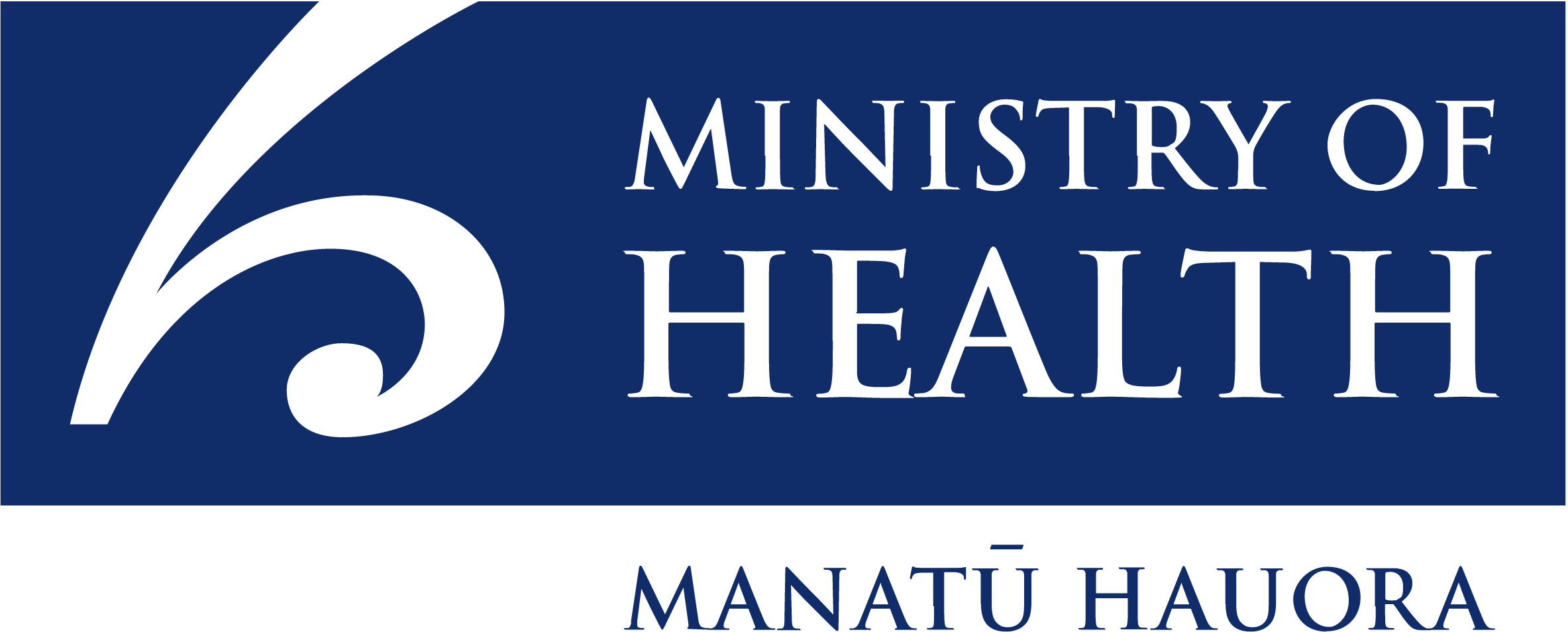Proposed Guidelines for the Posthumous Use of Gametes, Reproductive Tissue and Stored Embryos
Overview
This consultation document seeks feedback on draft guidelines for the use of gametes and reproductive tissue from deceased people and already stored embryos from the now deceased. These are proposed to replace the Guidelines for the Storage, Use, and Disposal of Sperm from a Deceased Man (the current guidelines).
The current guidelines were published by the National Ethics Committee on Assisted Human Reproduction (NECAHR) in 2000, before the Human Assisted Reproductive Technology Act 2004 (HART Act) was introduced and subsequently adopted by ACART. Given societal and technological changes, ACART has been reviewing the current guidelines.
ACART believes the new guidelines should take into account stored embryos, reproductive tissue (from ovaries and testes) and all gametes. The current guidelines apply only to the posthumous use of sperm that was retrieved before a man’s death. Relevant issues that the current guidelines do not address include:
- retrieval of sperm from a deceased man
- retrieval and use of eggs from a deceased woman
- retrieval and/or use of reproductive tissue from a deceased man or woman
- use of stored eggs after the death of a woman
- use of stored embryos after the death of one or both of the gamete providers or intending parent(s).
New Zealand needs a comprehensive regulatory framework to ensure consistency and clarity in the way that we deal with requests for the posthumous retrieval and/or use of gametes and reproductive tissue and the posthumous use of stored embryos. In particular, ACART has placed weight on the consent of the deceased, both to honour their wishes and to avoid use without their explicit consent.
As part of ACART’s review of the current guidelines, a stage one public consultation was undertaken in July 2018 to seek the public’s views about whether the guidelines’ limited scope should be expanded. This consultation document and the proposed guidelines are informed by the views expressed in that original public consultation.
This stage two consultation presents draft guidelines for public feedback.
How to have your say
We invite you to read the consultation document and provide your feedback using one of the options below.
- Complete the online survey - see link below.
- Complete the feedback form and
- email to: acart@health.govt.nz or
- post to: ACART Secretariat, PO Box 5013, Wellington.
Consultation document
- Proposed Guidelines for the Posthumous Use of Gametes, Reproductive Tissue and Stored Embryos (Word, 366 KB)
- Proposed Guidelines for the Posthumous Use of Gametes, Reproductive Tissue and Stored Embryos (PDF, 658 KB)
Feedback form
The closing date for feedback is Wednesday, 30 September 2020.
Audiences
- Members of the public
- Health sector
- Ethics committee
Interests
- Assisted reproduction


Share
Share on Twitter Share on Facebook